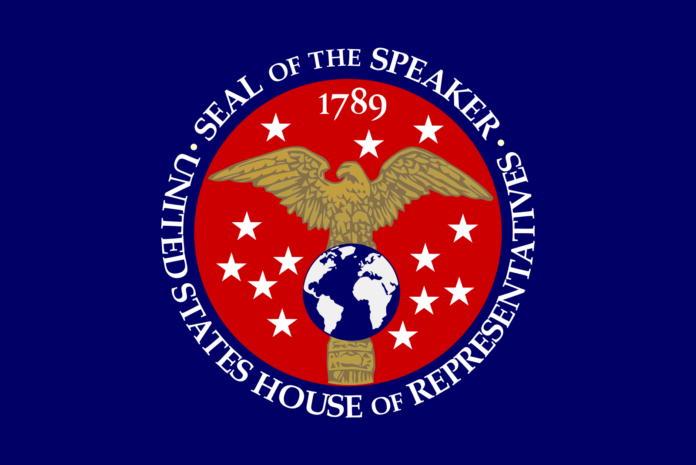Over the weekend the United States Senate passed a 45-day continuing resolution, or stopgap funding bill, just hours before the federal government was slated to shut down. The bill cleared the Senate with an impressive 88-9 vote, gaining unanimous support from Democrats while raising hope for bipartisan cooperation in these polarized times.
This development comes after a rollercoaster week of political manoeuvring and uncertainty in Congress. The House of Representatives had initially struggled to reach an agreement, with deep divides among Republicans and a failure to pass a GOP stopgap bill. However, House Speaker Kevin McCarthy eventually pivoted and proposed a stopgap bill with bipartisan support, successfully passing the House by a vote of 335-91.
The Senate, recognizing the looming deadline, swiftly moved to vote on the measure via unanimous consent, requiring the support of 60 senators to pass. Senate Majority Leader Chuck Schumer heralded the bipartisan agreement, averting a government shutdown and providing relief for millions of Americans who would have been affected.
The passage of this stopgap funding bill ensures the government’s continued operation until November 17th. It includes additional funding for federal disaster assistance, addressing the urgent need to support communities facing natural disasters.
However, the bill does not include aid for Ukraine, a key priority for President Joe Biden in light of Russia’s invasion. This omission has sparked debates on the future of U.S. assistance to Ukraine and broader concerns about political viability and fiscal responsibility.
In a statement, President Biden expressed his disappointment with House Republicans for their eleventh-hour actions, which forced the government to the brink of shutdown. He emphasized the need for Speaker McCarthy to fulfil his commitment to support Ukraine.
While the immediate crisis has been averted, challenges remain on the horizon. The hardline conservative faction within the Republican Party threatened McCarthy’s leadership, posing potential disruptions in the coming weeks. Additionally, Congress must address ongoing disagreements and negotiate funding for the government beyond the November 17th deadline.










